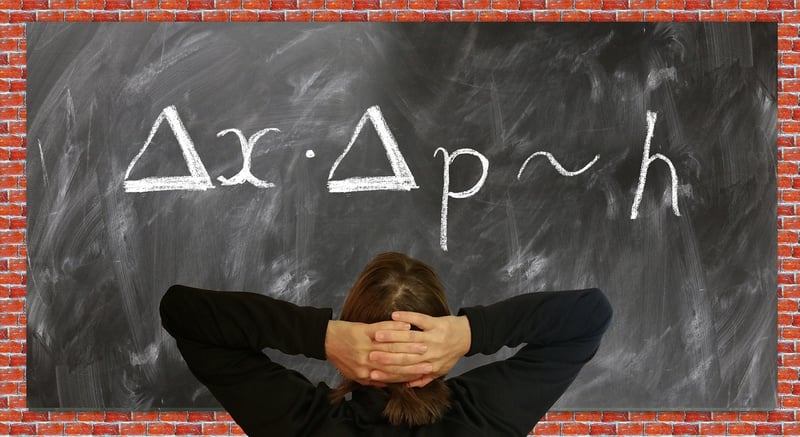Quantum Mechanics
The Science of Time Travel: Exploring Mechanisms and Quantum Mechanics
Time travel has long been a fascinating concept in science fiction, but is it possible in reality? Let's delve into the mechanisms that could potentially make time travel a reality, with a special focus on how quantum mechanics may play a role.
1. Wormholes
One of the most popular theories for time travel involves the concept of wormholes. Wormholes are hypothetical tunnels through spacetime that could create shortcuts for long journeys across the universe, potentially allowing for time travel. While wormholes are a product of general relativity, their existence is still theoretical.

2. Time Dilation
According to Einstein's theory of relativity, time is relative and can be influenced by gravity and speed. Time dilation occurs when an object is moving at speeds close to the speed of light or in strong gravitational fields, causing time to pass differently for the moving object compared to a stationary observer. This phenomenon has been observed in experiments with atomic clocks on high-speed airplanes and satellites.
3. Quantum Mechanics and Entanglement
Quantum mechanics is the branch of physics that deals with the behavior of particles at the smallest scales. In the realm of quantum mechanics, particles can be in a state of superposition, existing in multiple states simultaneously. Quantum entanglement is a phenomenon where two particles become connected in such a way that the state of one particle instantly influences the state of the other, regardless of the distance between them.

4. Grandfather Paradox and the Butterfly Effect
One of the major paradoxes associated with time travel is the Grandfather Paradox, where a time traveler could potentially alter the past in a way that prevents their own existence. The Butterfly Effect is another concept that suggests small changes in the past can lead to significant alterations in the future.
5. Conclusion
While the theoretical frameworks for time travel exist within the realms of general relativity and quantum mechanics, the practicality and feasibility of actual time travel remain uncertain. The exploration of these fascinating concepts continues to push the boundaries of our understanding of the universe and the nature of time.
Whether time travel will ever become a reality or remain confined to the realm of science fiction is a question that continues to intrigue scientists and enthusiasts alike.
